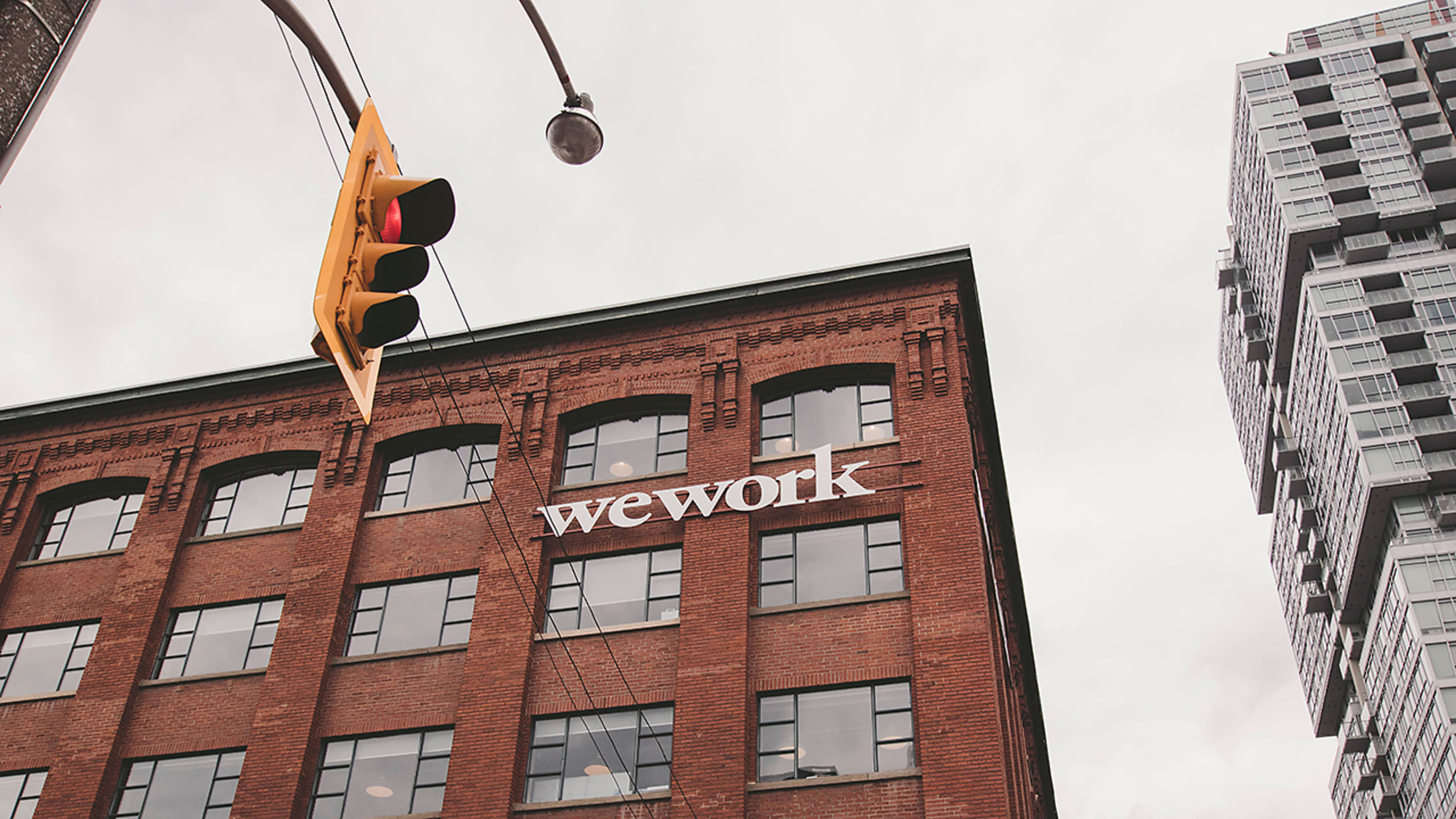The shared-space office company WeWork is estimated to be valued at $47 billion when it goes public this September. CEO Adam Neumann will receive a massive windfall, as will his wife, Rebekah, who is the company’s chief brand and impact officer. As part of their impending entry into the world of the super rich, the couple is already signaling how they may approach the philanthropy that will accompany their wealth.
The company’s IPO prospectus states that after the sale the duo will commit $1 billion to “charitable causes” over the next 10 years. The filing points out that the couple has started already, and recently donated to preserve 20 million acres of tropical rainforest. They’ve also created a new structure to make sure everyone knows they’re serious: If they don’t hit that number, their voting rights as WeWork shareholders will get cut in half, from 20 votes to 10 per share.
But is that actually a bold guarantee of future giving, or just a nice story? “There’s minimal ramifications to the business and to the owners,” says Patrick Briaud, the head of impact investing at Rockefeller Philanthropy Advisors, an independent charity that works with families, foundations, and companies to support and help implement charitable decisions. Briaud says that structure is unique but also raises plenty more questions for investors to ponder. Even at 10 votes per share, Neumann will almost certainly retain control of the company, due to how much stock he controls and the stock structure. Diminishing the proportional power of his shares doesn’t have the real teeth that the idea implies. (WeWork declined to comment for this story.)
“It is a really interesting mix of personal philanthropy and corporate purpose and I’ve never seen it structured in this way,” says Briaud. Major companies typically make corporate-backed commitments to philanthropy, which can balloon as they go public. Google, eBay, and Alibaba, for instance, are all a part of Pledge 1%, and give at least 1% of their profits to charity. The super rich can also make independent commitments, like the Giving Pledge, to give away the majority of their wealth within their lifetime. But most people don’t add penalties for missing their goals.
Saying you’re going to give away $1 billion certainly sounds significant. But doing so in a publicly reviewed IPO disclosure ostensibly serves a second purpose. “It at least signals some sort of truly altruistic motivation,” Briaud says. “I think the question is how much of it is also driven by the optics of what this can show to mission-driven investors, and potentially worst case shift the eyes away from other corporate practices that may be not as favorable, including their all-male board, for example.”
Philanthropically, the pledge doesn’t provide a timetable for how to benchmark progress ahead of the 10-year deadline, or make it clear exactly how the money will be spent. Saving the rainforest seems like a nice goal, but it’s also not particularly aligned with WeWork’s own mission statement to “create a world where people work to make a life, not just a living.”
For investors who think socially good business practices are crucial to successful companies, Briaud says it’s also important to think about the “net impact” of daily operations. The lack of gender parity on WeWork’s all-male board, for instance, doesn’t bode well for social justice. Things like whether employees are paid well and treated fairly should also be considered. Then there’s the use of actual space: “What percentage of the space is being used for low-income tenants, for example? What is their carbon footprint with the use of significant infrastructure as they’re expanding these office rental spaces?”
Jeff Bezos encountered this problem in late 2018 when he announced his plan to spend a couple billion to battle homelessness and improving the lives of low-income people. Critics felt the move was largely tone-deaf and avoidant given that Amazon itself wasn’t paying workers well or considering its own heavy environmental impact. “Often philanthropy is a cover-up for the more difficult components of [corporate social responsibility] that actually can make much more significant impact,” Briaud says.
For the founders and would-be investors alike, perhaps the most pressing question is whether the gift and its structure will affect the stock price. Structured differently, it could have been a nice lure for impact investors. But Briaud doesn’t think it will move the market. “It’s low-hanging fruit,” he says.
Recognize your brand’s excellence by applying to this year’s Brands That Matter Awards before the early-rate deadline, May 3.
